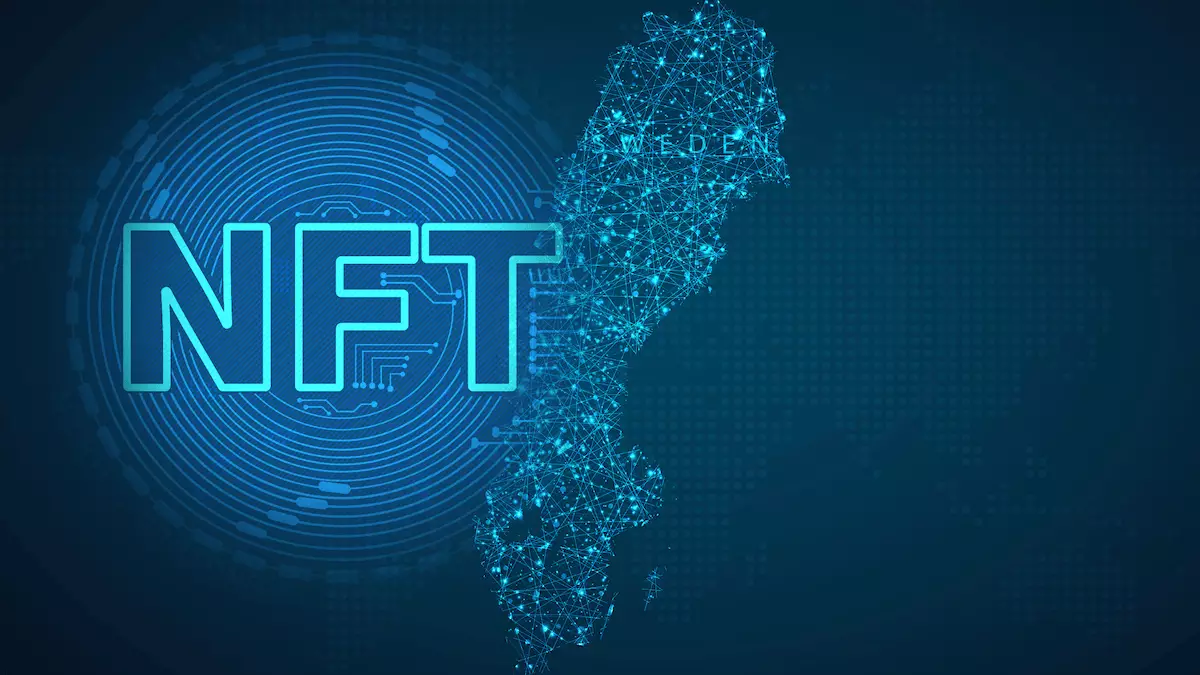In a recent announcement by the Swedish tax authority, Skatteverket, concerning the Value-Added Tax (VAT) treatment of Non-Fungible Tokens (NFTs), there has been a comprehensive ruling regarding the taxation of these digital assets. The authority specified that the standard 25 percent tax rate applies to NFTs associated with digital works. The ruling highlighted that an NFT linked to a digital work consists of two primary components: the ownership rights of the digital work and the NFT itself, which acts as a record of ownership on the blockchain. The decision also delved into the transfer or assignment of copyright, stating that it is only considered part of the transaction if explicitly included in the agreement.
NFT Transactions and VAT Considerations
The Swedish tax authority explored whether NFT transactions should be treated as single or multiple transactions for taxation purposes. It ultimately concluded that the digital work and its NFT registration are interconnected and do not hold separate values, therefore constituting a single transaction. This unified provision of the digital work and its NFT creates a new digital service for VAT considerations. Separating these components, according to the authority, would be arbitrary and does not align with the concept of a unified service offering.
IRS Guidelines on NFT Taxation
In parallel to the Swedish ruling, the IRS announced plans to tax certain NFTs as collectibles starting in 2023. These NFTs, categorized based on the nature of the underlying asset they represent, will be subject to a 28% tax rate, higher than the standard capital gains rates. Through a “look-through analysis,” the IRS will determine if an NFT should be taxed as a collectible by examining the physical asset it signifies, such as a gem. However, virtual assets like land in a metaverse will not fall under the collectible tax rate, showcasing the IRS’s nuanced approach to digital asset taxation.
Both the Swedish tax authority’s ruling and the IRS’s guidelines signify a significant shift in the taxation of NFTs, recognizing their growing economic significance and need for specific tax treatment. These developments underline the importance of understanding the intricate nature of NFT transactions and the various components involved in determining their tax implications. As the digital asset landscape continues to evolve, it is essential for tax authorities to stay abreast of these changes and provide clear guidelines for taxpayers navigating the world of NFTs.

